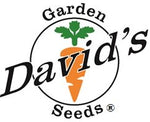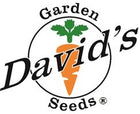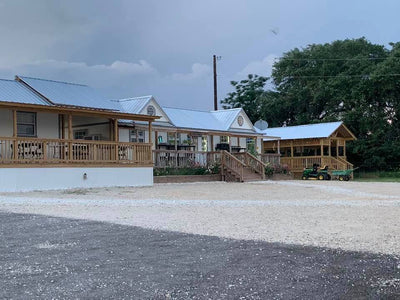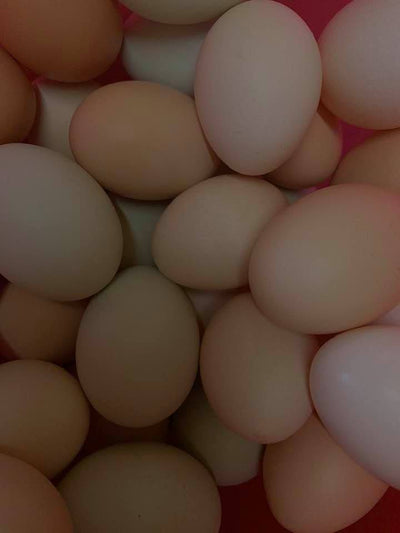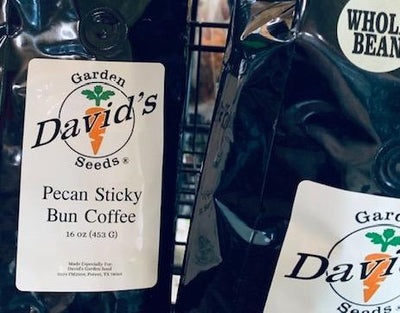Flower Native Texas Velvet Leaf Senna 50 Non-GMO, Heirloom Seeds
Native Texas Velvet Leaf Senna is easily grown from seed and is very effective in the wildflower garden, this species can even grow in a tiny fault in solid limestone.
Native Texas Velvet Leaf Senna leaves are thick, gray and have a velvety texture. Yellow flowers are few to several in spike-like racemes.
It is often used as a background or specimen plant.
A tea brewed from the leaves has a strong laxative effect.
Blooms Aug to Oct, Perennial, for best results plant in the fall.
Blooms in about 60 days. Germination rate about 70% or better.
Our Non-GMO seeds are sustainable. Our packaging is environmentally friendly, climate friendly, reusable, and recyclable.
Order today!
David’s Garden Seeds is a Veteran owned business that has been offering quality seeds since 2009.
David's Garden Seeds® is a member of the GO TEXAN agriculture program.
We cannot possibly put all the directions you need for growing native flowers in your area on the seed package. We recommend that you read articles or check with other gardeners in your area.
This is an heirloom seed, meaning it has been passed down from generation to generation for at least 75 years. As a rule, heirloom seeds taste better and will grow the same year after year.
These are also open pollinated meaning they will reproduce themselves. While all heirlooms are open pollinated not all open pollinated seeds are heirlooms.
Freshly Packed: These seeds are packed for the current growing season and will provide high germination rates next year as well.
